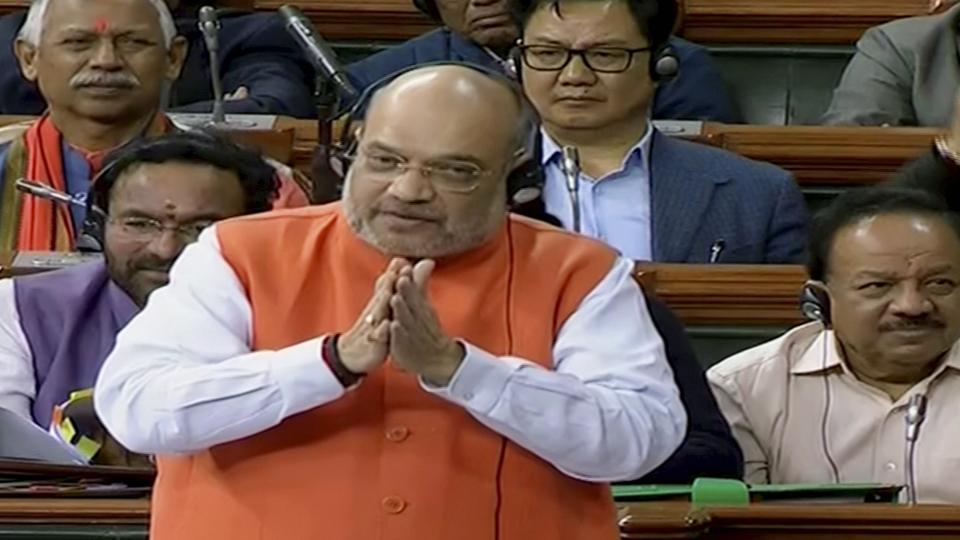The Lok Sabha was debating the reintroduction of Citizenship (Amendment) Bill (CAB) Monday, even as this piece was being written. The brute majority the NDA enjoys in the Lower House came in handy as the Bill was allowed following more than an hour’s debate on its legislative competence. The division of votes on the question went 293 in favour and 82 against, springing no surprise except that the BJP could not muster all its own MPs to be present and vote on such a crucial matter. The figure jumped up because a few regional political parties opted to hang on to BJP’s coattails.
The secrecy that the government has maintained on the contents of the Bill gives reason for doubts and suspicion, especially as the trickle of information that has leaked gives reason for concern. Although Home Minister Amit Shah assured the House that the Bill does not violate any Article of the Constitution and that no citizen will be deprived of his or her rights, it is inadequate to address concerns. For instance, the reasonable qualification that the home minister has referred to excludes persons such as Hindoos from Sri Lanka who have migrated to India illegally during the days of the LTTE insurgency in the island country.
One of the key debatable aspects of the Bill is that it restricts its benefits to members of the minority communities, namely Hindus, Sikhs, Buddhists, Jains, Parsis and Christians from Afghanistan, Bangladesh and Pakistan. It was also proposed to reduce the period of domicile from 11 to six years. The trouble with specifying the communities is that it would mean that several people would fall through the gaps even if they genuinely deserve to be nationals of the country. The government must ensure that it answers all the difficult questions effectively before it proceeds on the exercise. It is however very doubtful if this government is even interested to address such questions.
No one can question any nation that sets parameters for allowing its citizenship to non-natives. It is an exercise that even the most powerful nations of the world are engaging in. But unless the nations that are introducing such reforms are prepared to effectively address the humanitarian crises that can emerge from their introduction, there would be utter chaos, humiliation and even loss of human lives. In its hurry to fulfill its agenda and portray a nationalistic image of itself, the government should not ignore the costs the country may have to pay for alienating a large section of humanity now domiciled across the country. The government’s concern that immigrants of certain kind are engaging in subversive activities may not be misplaced. But their segregation is bound to worsen the crisis. If people that are already within the country, even by illegal means, are put under pressure, it could lead to alienation of the domestic communities as well. The BJP-led government is railroading controversial Bills to make hay while the sun shines. But by abusing people’s mandate to achieve narrow ends, the government is likely to cause greater damage in the longer run. The BJP must keep in mind that it is merely bouncing an issue off a communal wall and it will come back to haunt the country in a very damaging form in due course when, maybe, that outfit is not in power. The push for the Bill also betrays the incumbent government’s hurry to put its roots out firmly in the corridors of power in the time that it has. But the hurry should not be at the cost of peace and prosperity of the country and some fuzzy logic to achieve political dividends.
